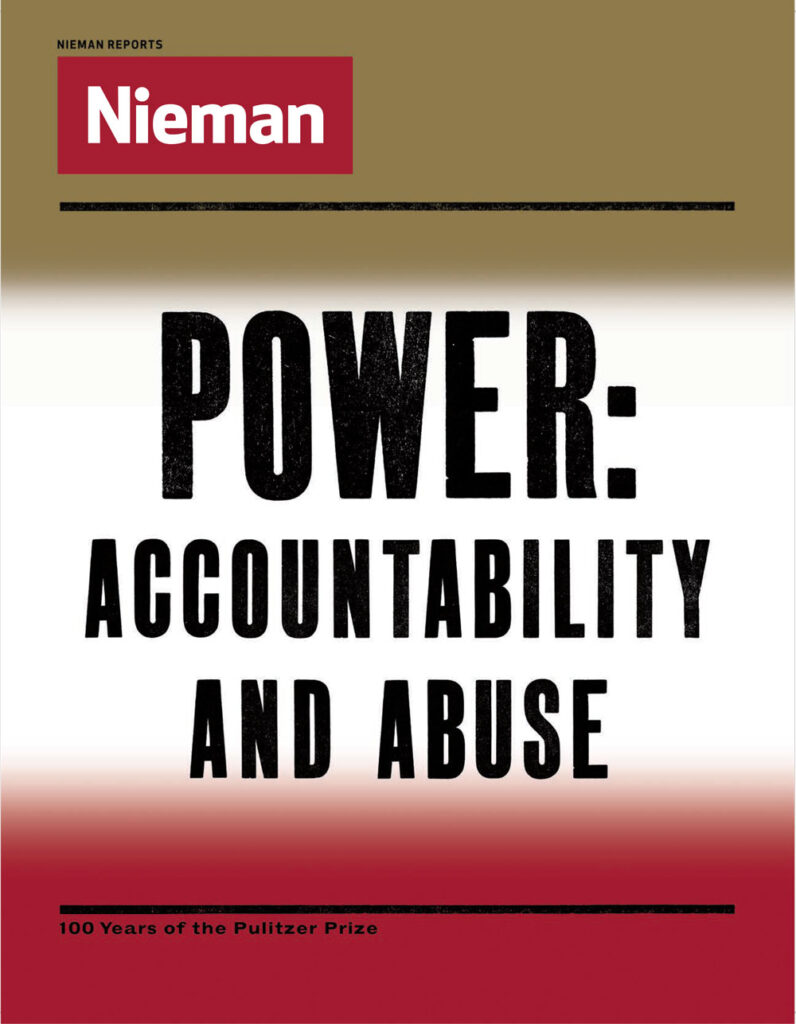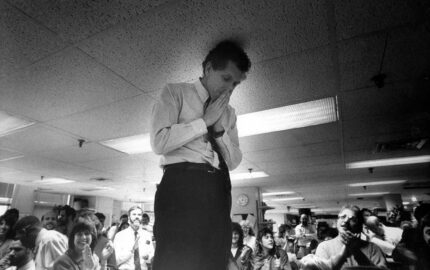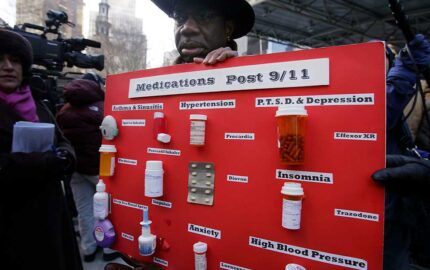
Moehringer’s “Crossing Over” is a portrait of Gee’s Bend, Alabama, an isolated river hamlet that is home to many descendants of slaves. A proposal to bring back ferry service to the mainland prompted soul-searching among whites and blacks.
[The Rev. Martin Luther] King delivered a message that amounted to Revelation for Mary Lee: He told her that she might not speak with perfect grammar, might not own more than one dress, might not be more than a dirt farmer descended from slaves, but she was every bit as good as those white folks across the river. Tears filled his eyes as he shouted, ‘I come over here to Gee’s Bend to tell you—you
are somebody.’
No one had ever said that to Mary Lee before.
Another time, Mary Lee saw King in Camden and gave him a big hug. She met him again in Selma and watched in awe as he drank from a ‘whites only’ fountain.
‘I never saw a black person do a thing like that!’ she says. ‘I was so glad. I said, ‘I’m going to get me a taste my own self.’ My sister tried to hold me back by the coat. I said, ‘You’re welcome to that coat. I’m getting me some of that water.’
She savors the memory.
‘You know,’ she says, ‘it was no more different than other water. But it was colder.’
Her heart drummed hardest when King described the future. Like Mary Lee, he saw the future in his dreams. I have
a dream, he kept saying, I have a dream.
I have them too, Mary Lee thought.
It was around then that white folks got together and decided the ferry had to go. Maybe they couldn’t stop King, or his movement, but they could sure as hell keep a bunch of troublesome Negroes on Gee’s Bend.
There was no public meeting, no notice in the newspaper. Mary Lee and others just went down to the river one day and found their link to Camden cut. Though cars were rare, and the dirt roads of Gee’s Bend were impassable much of the year, Benders now would be forced to drive around the river whenever they needed to buy a hoe or see a doctor.
‘We didn’t close the ferry because they were black,’ Sheriff Lummie was rumored to have said. ‘We closed it because they forgot they were black.’




